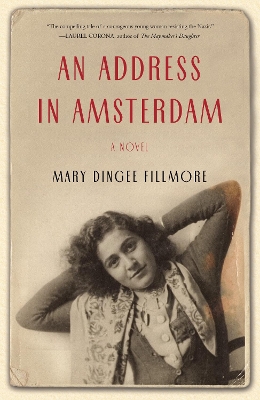Reviewed by elysium on
When the war breaks out, Rachel falls in love with Michel who turns out to be a resistance member. She wants to marry him but doesn’t believe that her parents would approve her relationship with a Gentile.
I liked to see how Rachel changed from a rather naïve schoolgirl into a resistance member living a dangerous life. At the start we see the Nazis behaving quite well but the situation started to worsen suddenly. I haven’t read books where it’s been told that things were moderately ok at first. Then there was this huge change in the attitude of all people.
I didn’t get Rachel’s father who just refused to see what was going on. I mean the situation had been horrible for some time before he even started to think about going into hiding.
The first half of the book is told from Rachel’s point of view but then it changed in the second half. In there we have Rachel’s, her parents and, if I remember correctly, Rolf’s. Rolf was Michel’s friend who also worked in the resistance and came into hiding with them. I didn’t see the point of that but oh well.
I would have liked to know what happened to them. I didn’t see the point of getting invested in these people and then not to know if they made it through the war.
Overall I enjoyed the book and I liked to read about the resistance work.
Reading updates
- Started reading
- 17 October, 2016: Finished reading
- 17 October, 2016: Reviewed
